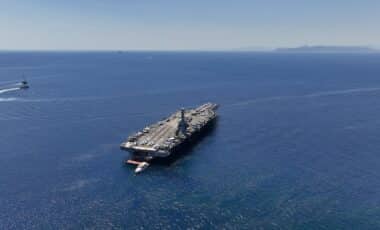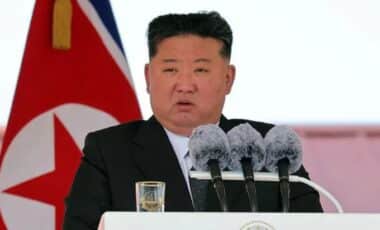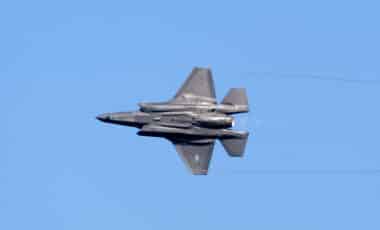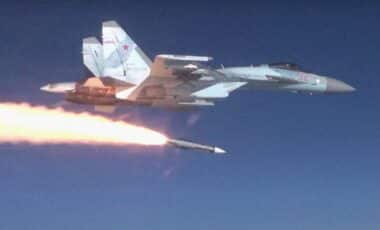In “Bitter Peleliu, author Joseph Wheelan, who wrote the eminently well written, “Midnightin the Pacific” (2017) and “Bloody Okinawa” (2020), “My book tries to reveal the full agony,pain, and losses during the two and a half months it took to capture Peleliu. Due to pre-invasionover-confidence on the part of commanders, 30 of the 36 news correspondents accredited forthe campaign had left prior to its D-Day. This reduced presence has never garnered the type ofattention the struggle for the islands deserves.”In short, in late 1944 as a precursor to the invasion of the Philippines, U.S. military analystsdecided to seize Peleliu, a diminutive patch of yellow-white sand and its slightly larger brother,Anguar. Regardless of our human cost, which most expected to be tinier than for the clump ofsand next door, the priceless Peleliu airfields had to be captured since they posed major threatsto our invading forces sailing for the northern beaches of Luzon and other Philippine islands.Only Admiral William “Bull” Halsey, commander of the Third Fleet, objected, arguing time andagain that “the damn Palaus Islands should be by-passed. The cost is too high for virtuallynothing. Let our air force bombers handle those short fighter airfields.”Author Joseph Wheelan explores the dramatic story of the resulting campaign and itsstrategic failings. He details how our intelligence officers failed to detect the complex networkof caves, tunnels, and pillboxes hidden inside the island’s coral ridges. More importantly, theydid not discern — nor could they before it happened – that the defense of Peleliu wouldrepresent a tectonic shift in Japanese strategy. No more contesting enemy landings on thelanding beaches and their edges, no more wild banzai attacks. Henceforth, heavy-burdenedinvaders would be raked on the beaches by mortar and artillery fire. Then, as the Americanspenetrated deeper into the Japanese defensive systems, they would find themselves on softsand ground carefully prepared for the express purpose of killing as many Marines and Army
soldiers as possible.








